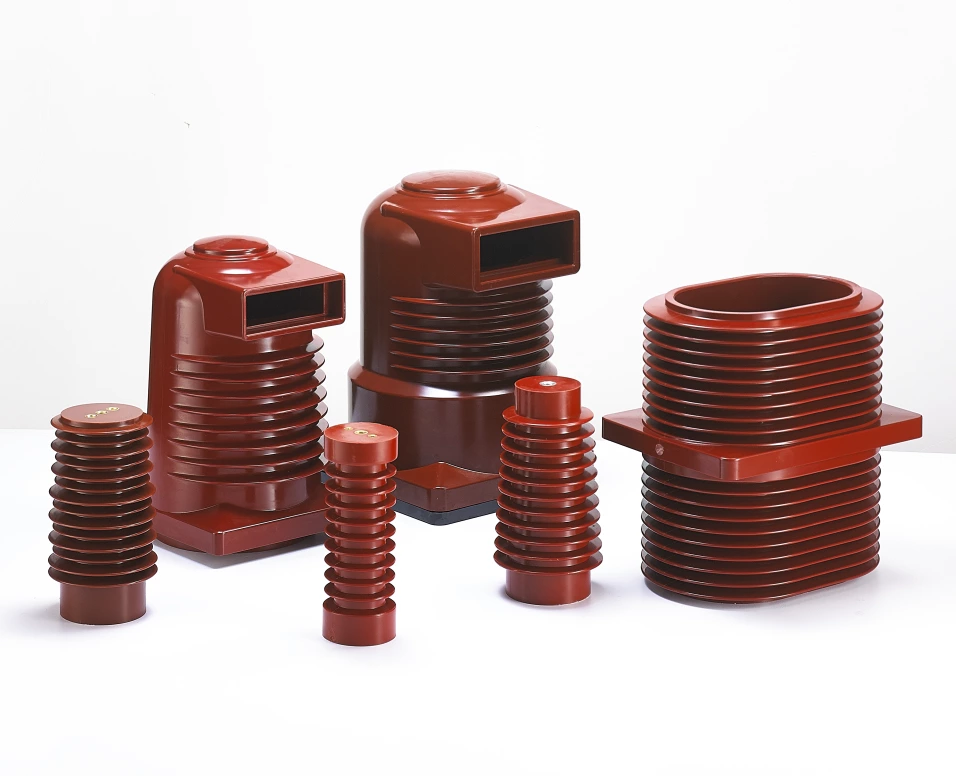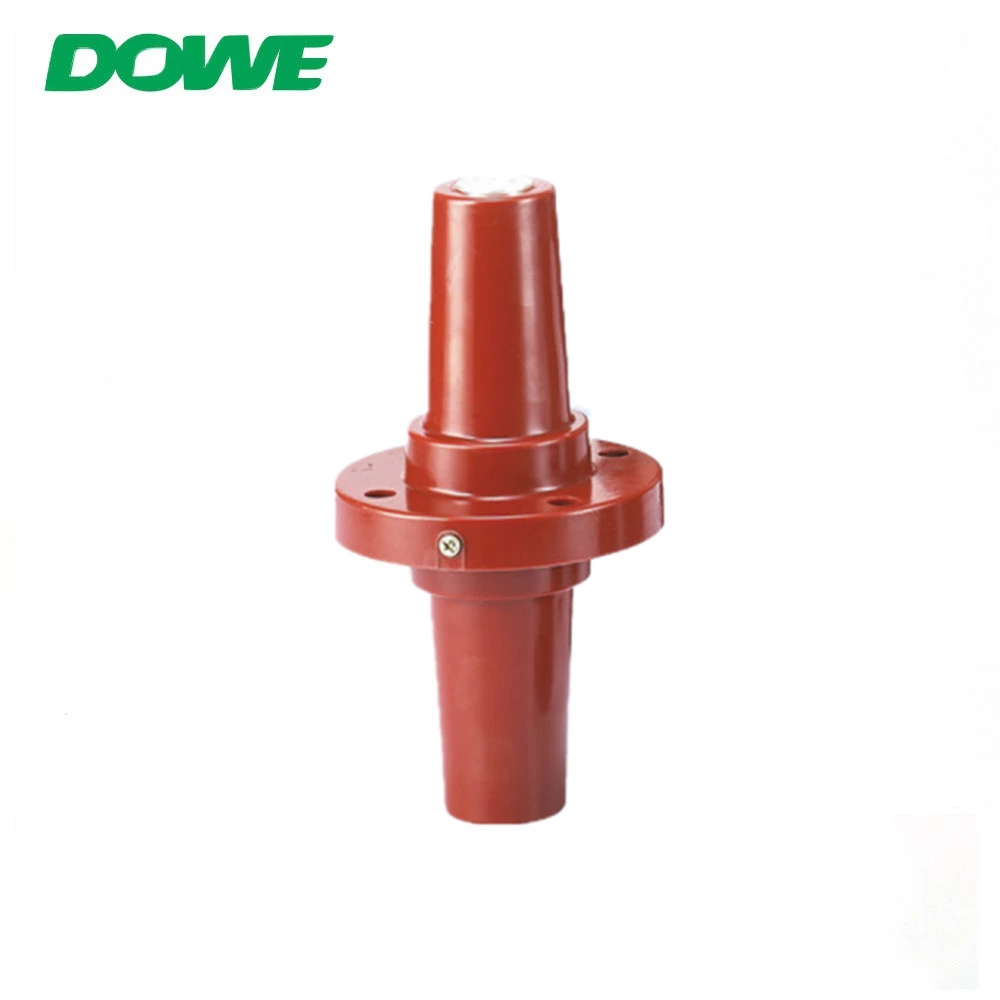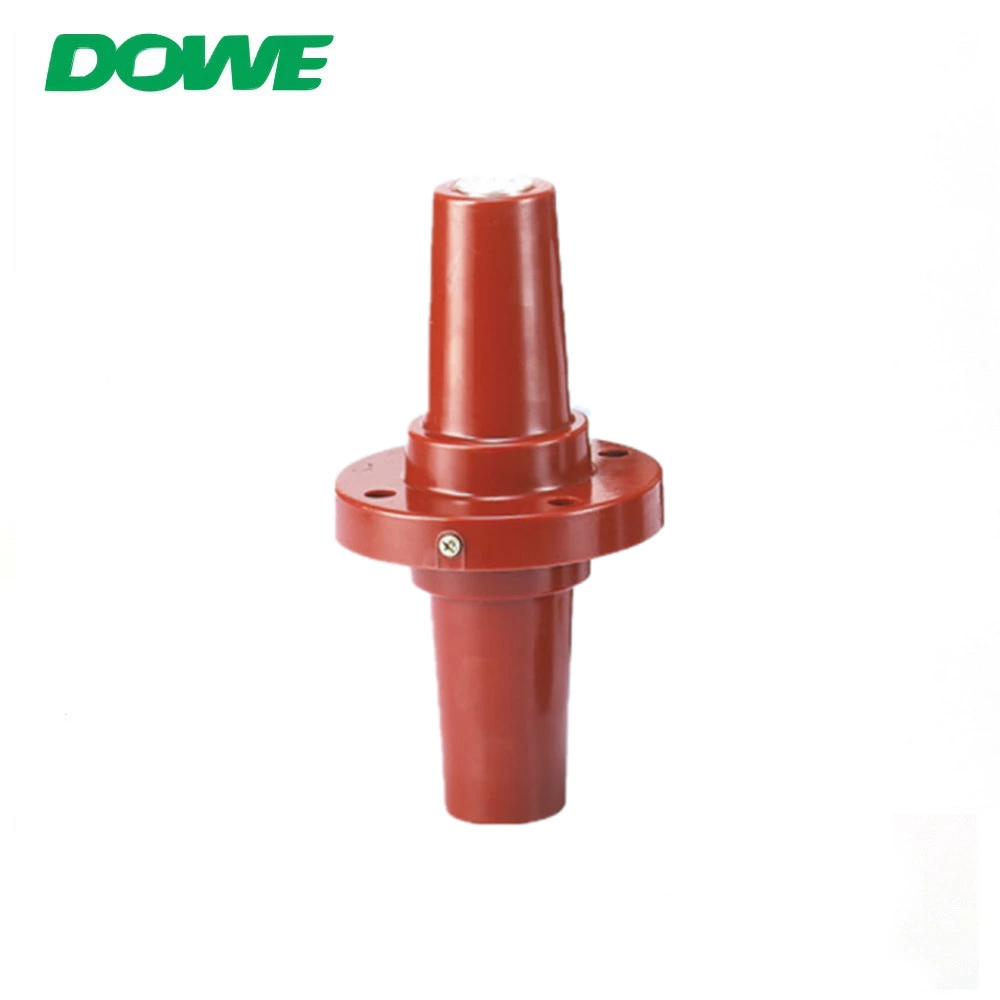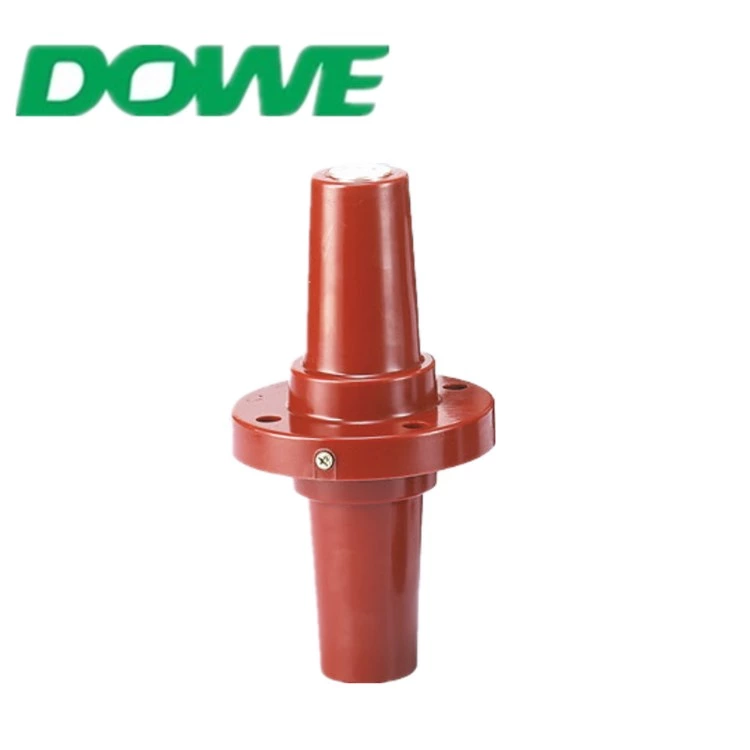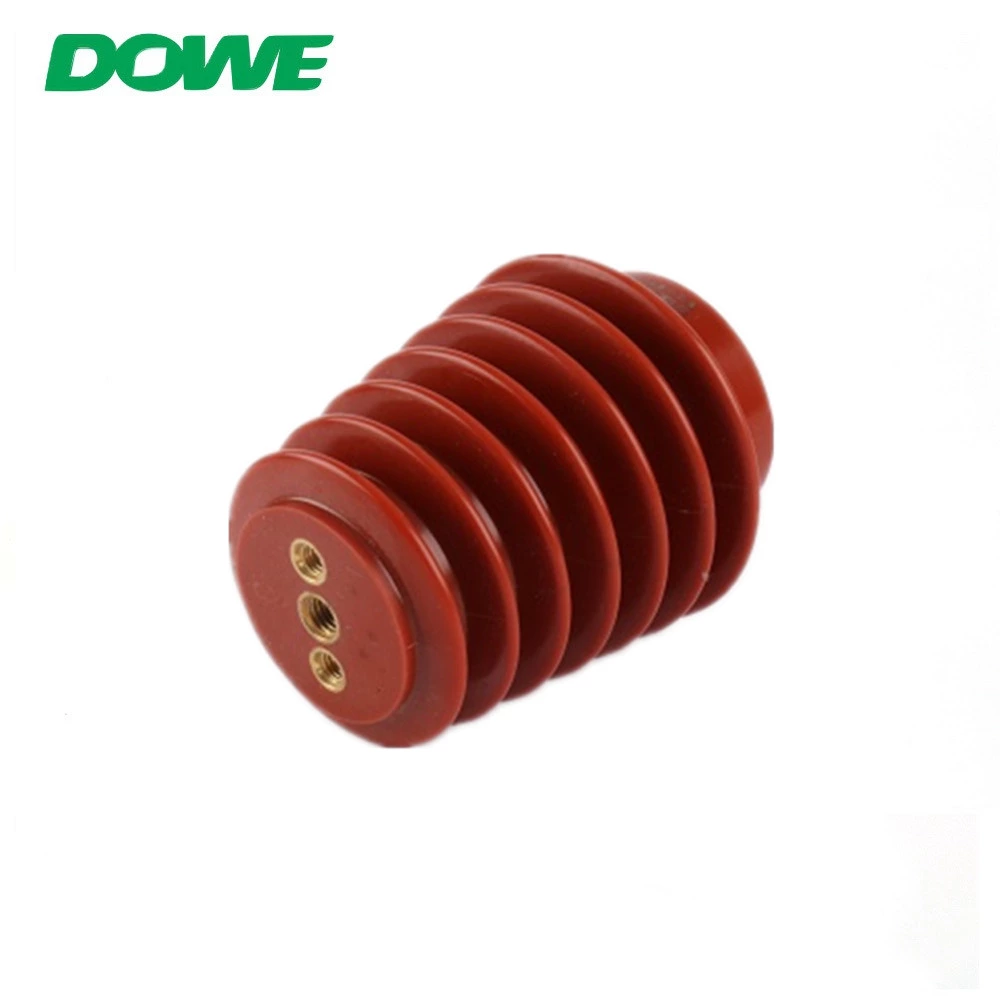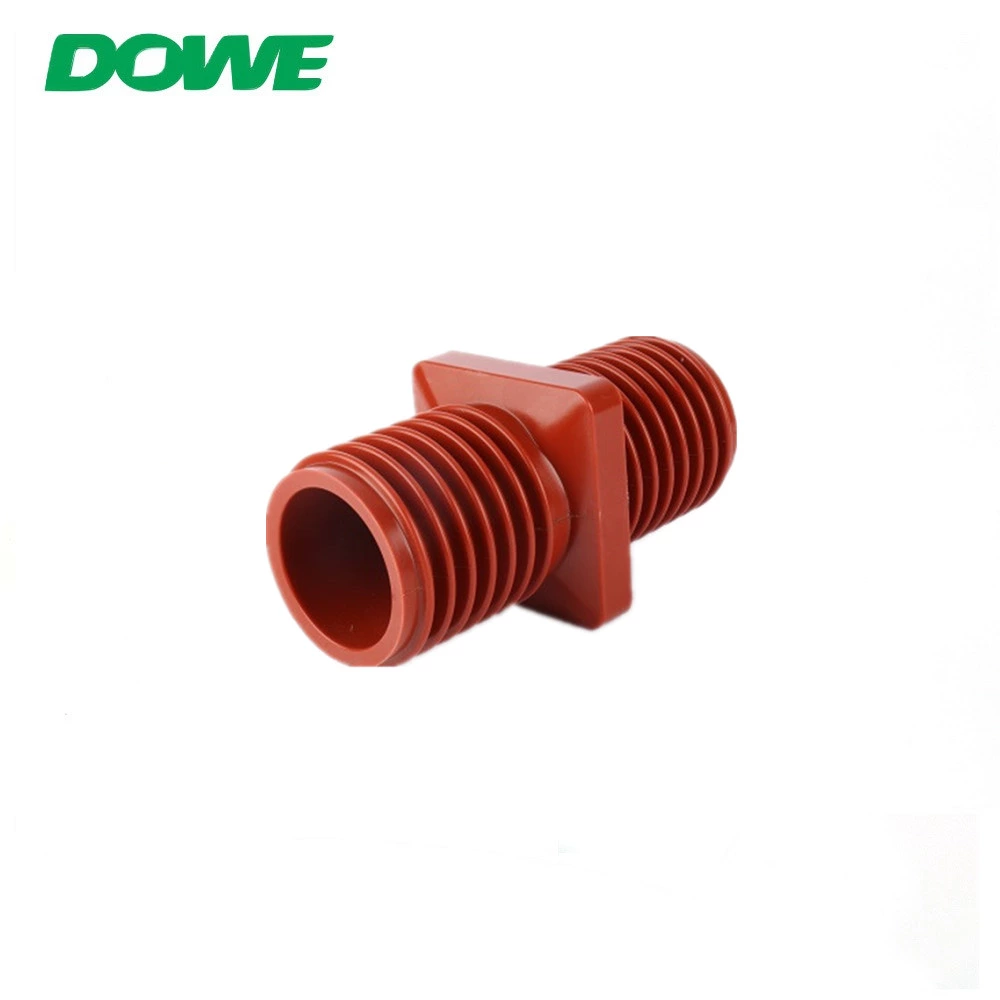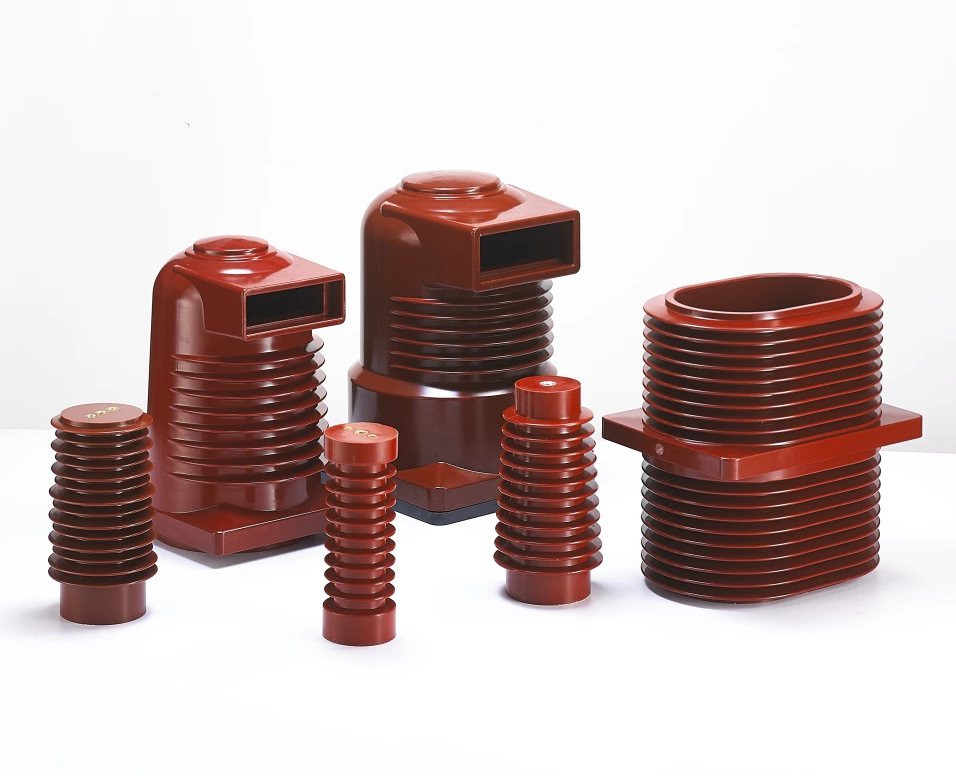How Does the Material of a Busbar Insulator Affect Its Performance in Extreme Conditions?

Selecting the right insulator can be tricky. Poor choices lead to overheating, breakdowns, and downtime. I have faced those problems myself, so I understand how frustrating it feels.
The type of material decides an insulator’s stability in harsh heat, cold, or moisture. It shapes its electrical performance, mechanical strength, and overall durability.
I remember battling constant equipment failures when a subpar insulator couldn’t handle high temperatures. That story pushed me to learn more and find better materials. Let me explain how I discovered superior solutions.
Table of Contents
- Why Does Thermal Conductivity Matter?
- What About Electrical Strength and Moisture Resistance?
- How Does Mechanical Toughness Factor In?
- Conclusion
Why Does Thermal Conductivity Matter?
I once overlooked thermal conductivity1 when I picked an insulator. That caused heat buildup and serious risk of meltdown. Now I always focus on how well the material disperses heat.
Thermal conductivity1 tells how fast the insulator moves heat away from busbar components, preventing damage and boosting overall reliability. It also ensures minimal downtime and lower maintenance costs.
Heat Management in Action
I test new materials by running them in hot conditions. High-thermal conductivity1 composites or ceramics often show fewer cracks and less thermal fatigue. That confirms their power to handle extreme temperatures.
Simple Table for Key Materials
| Material | Thermal Conductivity | Best Use Cases |
|---|---|---|
| High-Grade Epoxy | Low | Low-heat environments, cost-saving |
| Advanced Ceramic | Medium to High | High-temp zones, better stability |
| Composite Resin | Moderate | Balance of cost, strength, and heat |
I learned that advanced ceramic busbar insulators handle thermal stress well. That is why large corporate buyers prefer them.
What About Electrical Strength and Moisture Resistance?
My clients often ask if the insulator can handle voltage spikes and damp settings. I used to ignore moisture resistance2, but that led to rapid deterioration.
Electrical strength2 and moisture resistance2 decide how the insulator survives overload or wet conditions. A robust material reduces flashovers, arcing, and insulation failures.
Moisture Barriers and Testing
I perform salt spray tests on sample insulators. Ceramics and certain composite resins show low water absorption. That protects the busbar from short circuits or power loss in humid areas.
Supplier Certification Checks
I use verified labs to confirm that certification is real. Some suppliers show fake documents, so I cross-check at official databases. That practice helps me avoid compliance risks.
How Does Mechanical Toughness Factor In?
I noticed that some buyers, like Mandy from the United States, worry about dropping an insulator or handling sudden mechanical shocks.
Mechanical toughness3 keeps the busbar secure under weight and vibration. Reliable materials handle rough shipping, installation errors, and on-site forces without cracking or warping.
Vibration and Shock Tests
I run vibration tests that mimic transport and field conditions. Materials with higher tensile strength, like specific ceramics and reinforced polymers, always yield fewer failures.
Table for Mechanical Standards
| Material | Tensile Strength | Typical Application Scenarios |
|---|---|---|
| Standard Epoxy | Moderate | Light-duty setups |
| Ceramic Blend | High | Heavy industrial environments |
| Composite Resin | High | Power generation fields |
I also track certifications like UL and IEC. My brand, DOWE, meets these global standards, so buyers trust our products in harsh settings.
Conclusion
Use material data to pick the right busbar insulator for extreme conditions.
-
Understanding how different materials conduct heat helps in selecting insulators that prevent overheating and equipment failure. ↩ ↩2 ↩3
-
Knowing how materials resist moisture ensures better performance in humid or wet environments, reducing failures. ↩ ↩2 ↩3
-
Learning about tensile strength and shock resistance helps in choosing durable insulators that withstand mechanical stress. ↩

